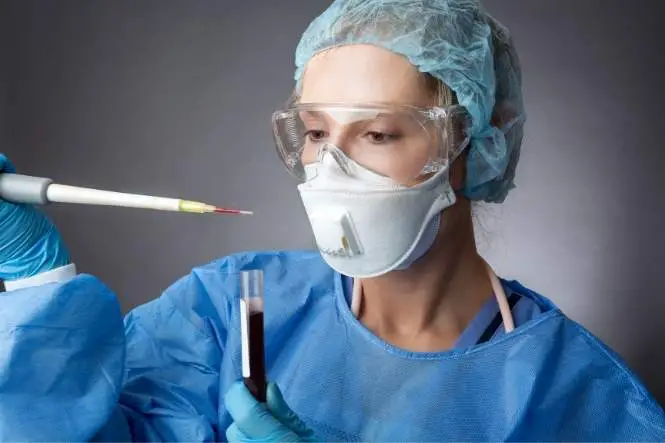A pathologist is the senior doctor responsible for the performance of autopsies and for the determining as to how an individual died. This particular role within the forensic science sector is a demanding and sometimes harrowing job, which is not for those faint of heart.
What a Pathologist Does
Indeed a pathologist will often be called upon not just to perform autopsies but to offer expert advice to law enforcement agencies as well as supervise the running of the pathology laboratory and those individuals who are employed there.
Pathologists are also responsible for the supervising of a crime scene and the evidence collection process that takes place there. This is all geared towards providing the relevant authorities with as much information as possible.
A pathologist will often have to juggle more than one investigation at a time and supervise teams who are charged with collating information, samples, blood and tissues. During these investigations the pathologist will have to attend inquests and give expert advice to both juries and counsel alike; breaking down complex medical jargon and putting it across in such a way that it is accessible and understandable to all.
The pathologist will also have to discuss the nature of autopsies performed, his or her findings, and ultimately offer their opinions as to the nature of how death occurred? These opinions are important and can offer much needed credence to the prosecution or defence.
The Pathologist and The Crime Scene
While the crime scene is the realm of the police the pathologist has the ultimate say in what happens with the body. The body – even though the crime scene has its own secrets to reveal – is the most important piece of evidence in any crime and the pathologist is the individual responsible for unlocking the corpse’s secrets.
Responsible for the overseeing of everything from the removal of the corpse to the ultimate returning the deceased to their family for burial, the pathologist has to ensure along the way that every aspect of the investigation – from a forensic medicine viewpoint – is handled in the manner in which it should be and that all means at his or her disposal are utilised to find the answers behind the death of an individual.
It is also worth noting that a pathologist must have an acceptable and working knowledge of many areas of forensic science and medicine; some of them including:
- Pathology
- Crime scene evaluation
- Anatomy
- Microscopy
- Forensic Dentistry
- Anthropology
It is not necessarily the case that all of these disciplines will be required during their time as a pathologist but it is certainly worth having a working knowledge of them as each crime scene – and indeed each crime – is different and can throw up many different scenarios.
The ability to deal with the general public in extremely stressful circumstances is a must and it should be noted that emotions can run high.
An individual who is interested in being a forensic pathologist can start their journey up the ladder by becoming a forensic pathology technician but it is important to note that climbing the career ladder to reach the position of forensic pathologist can take many years.

